2025–2026 Agnodike Fellows
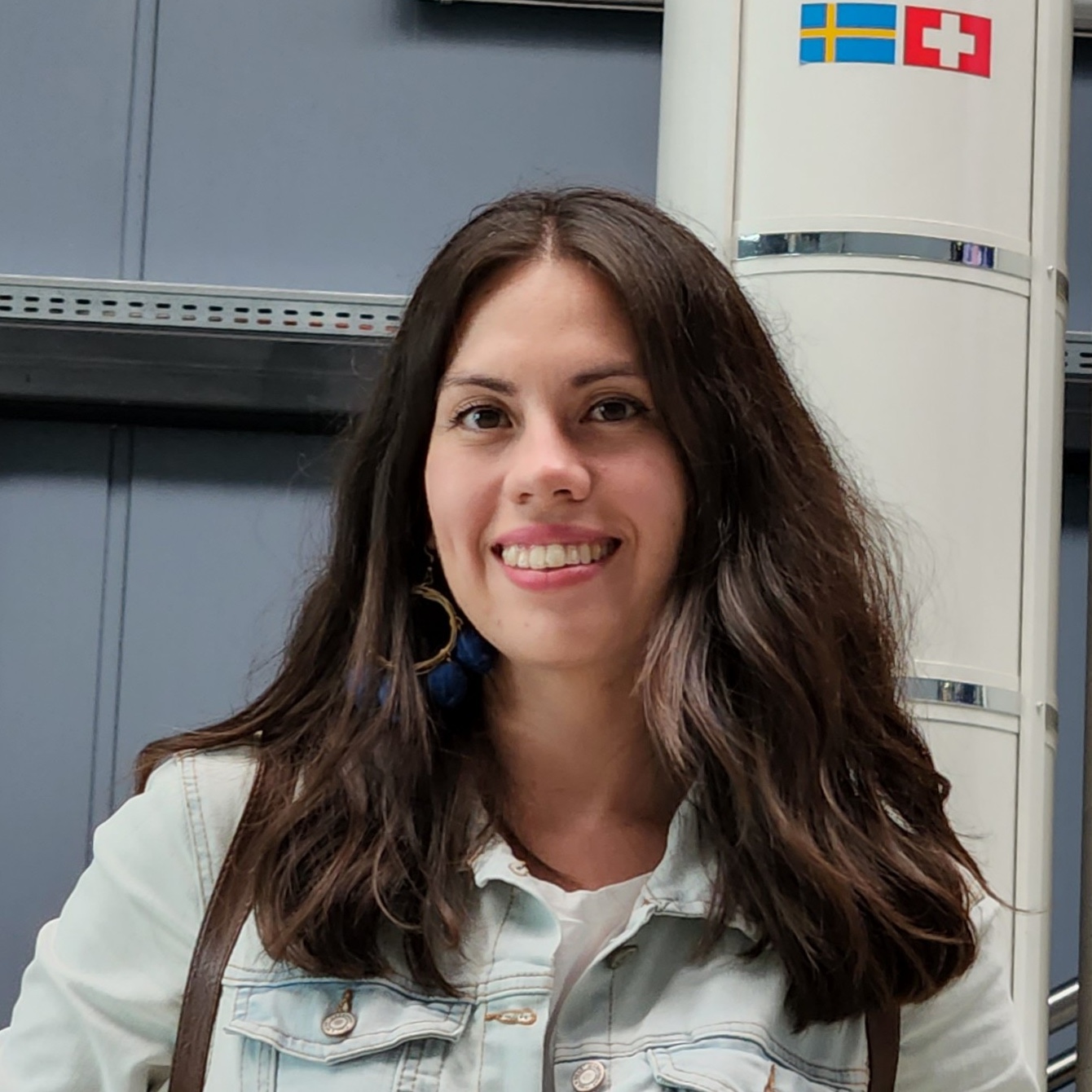 | Gloria Maritza Gómez Revuelta, Ph.D. Adjunct Professor Universidad de Guadalajara, Mexico Project: “Mexico in Orbit: Madam Cosmic Ray’s Feminist Third World Space Project” |
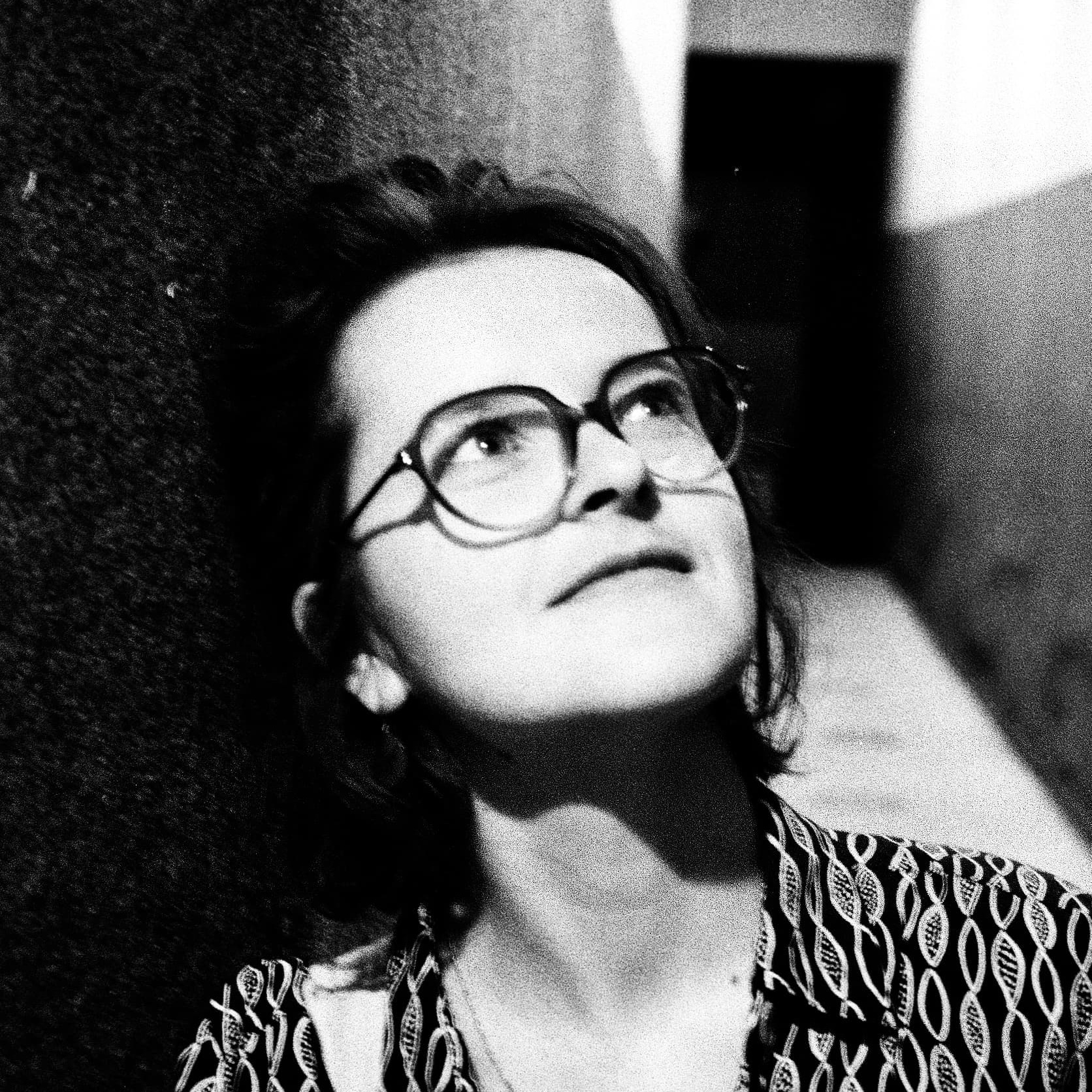 | Laure Pesquet, Ph.D. Postdoctoral Fellow Department of Modern History, Sorbonne Université Project: “Arab and American Nurses and Global Reproductive Governance during the Cold War” |
2022–2023 Agnodike Fellows
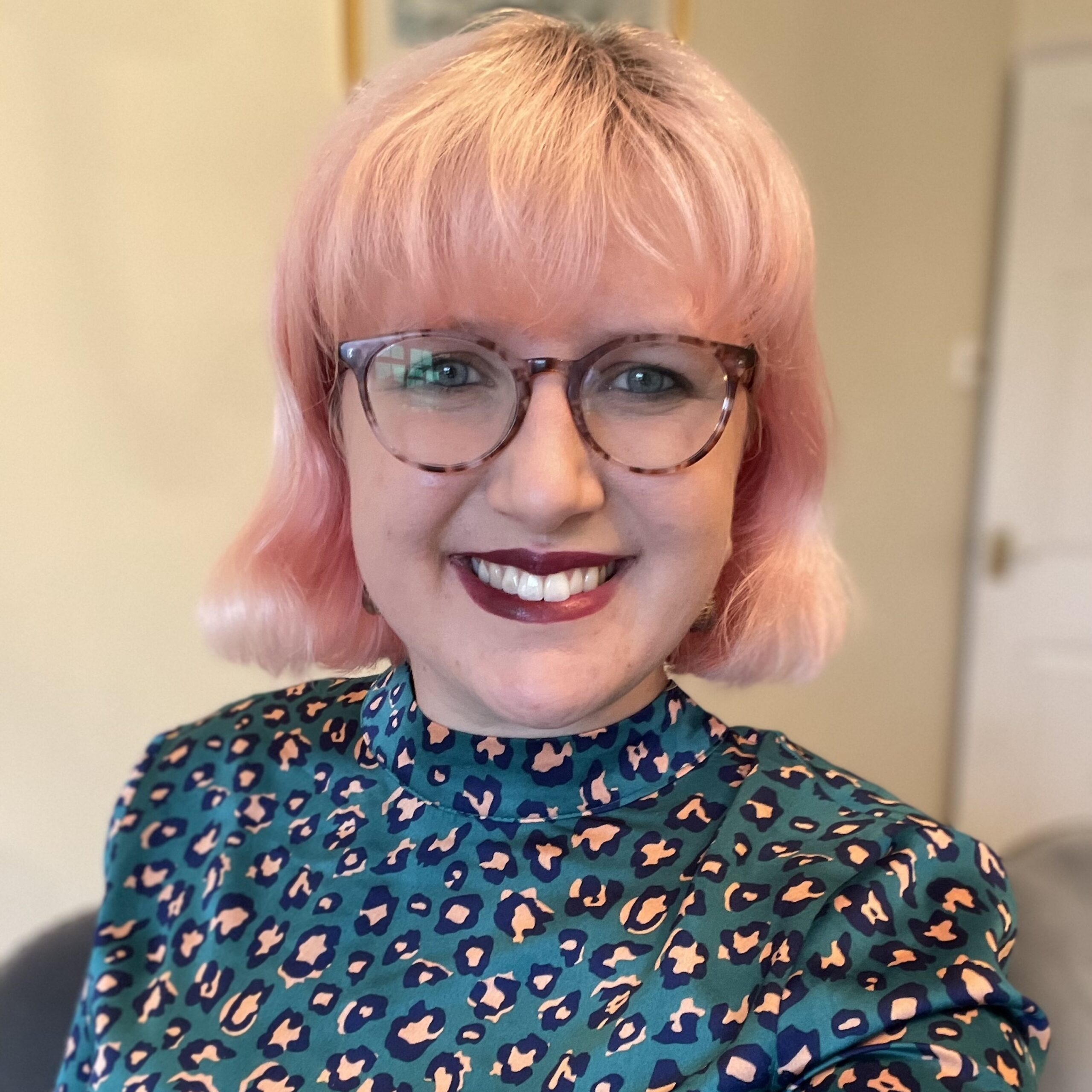 | Eleanor S. Armstrong, Ph.D. Postdoctoral Fellow Department of Teaching and Learning, University of Stockholm Project: “Unearthing Histories of Barbie in Space” |
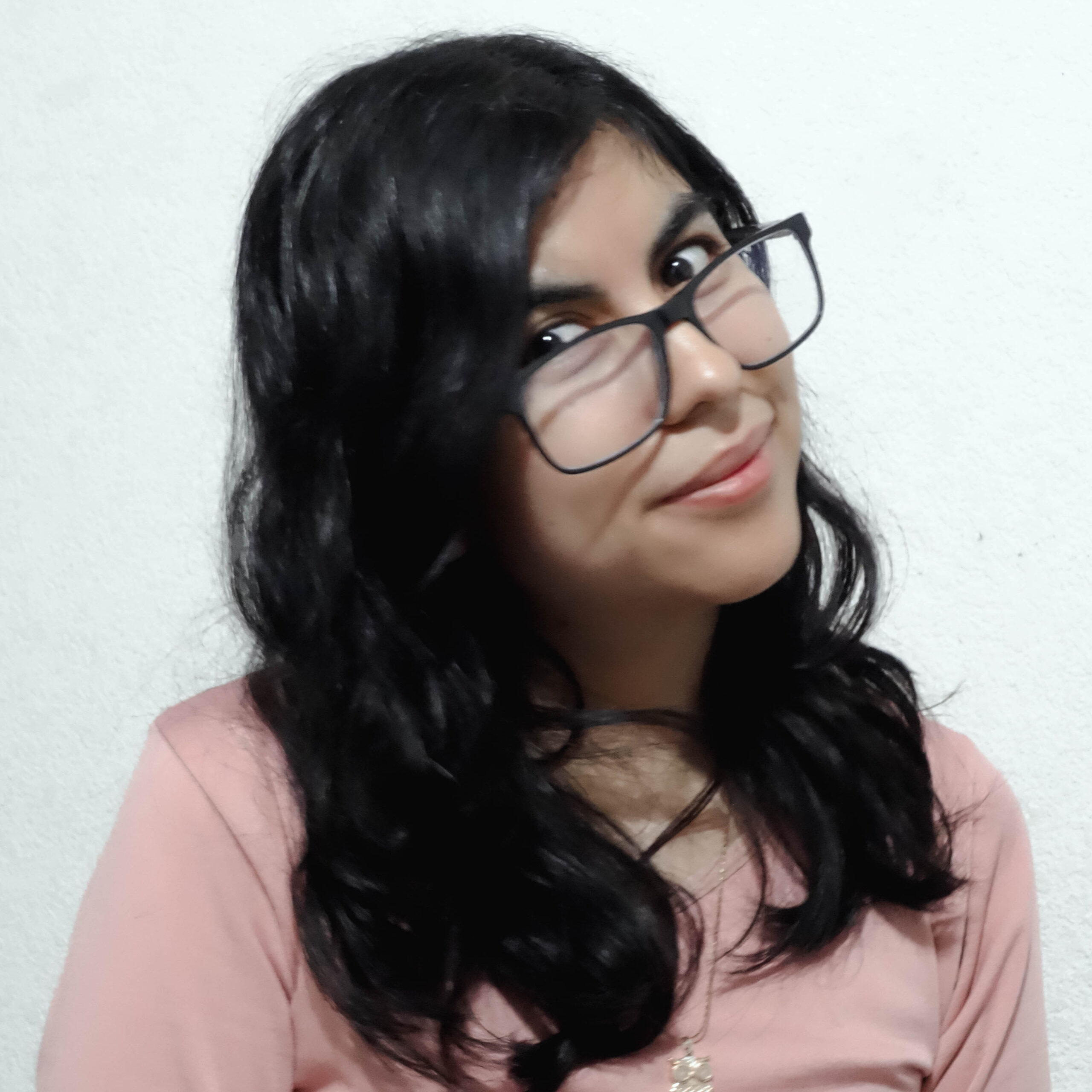 | Madelyn Hernández Olivares Doctoral Candidate Historical and Social Studies of Science, Medicine, and Scientific Communication, University of Valencia Project: “Letters, Stars, and Photography: The Gendered Visual Languages of British Popularization of Astronomy (1834-1910)” |
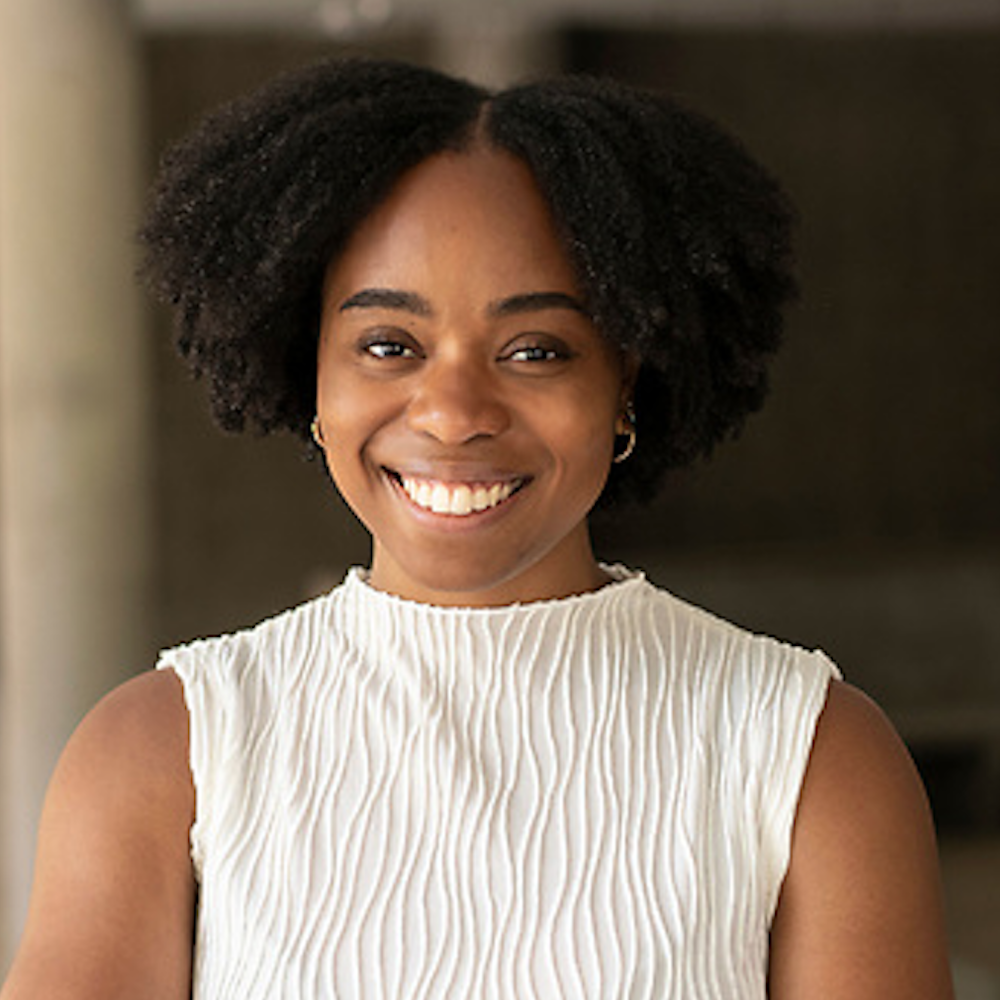 | Udodiri R. Okwandu Doctoral Candidate History of Science, Harvard University Project: “Transgressive Motherhood: Maternal Mental Illness, Diagnostic Privilege, and Race in American Psychiatry, 1890–1970” |
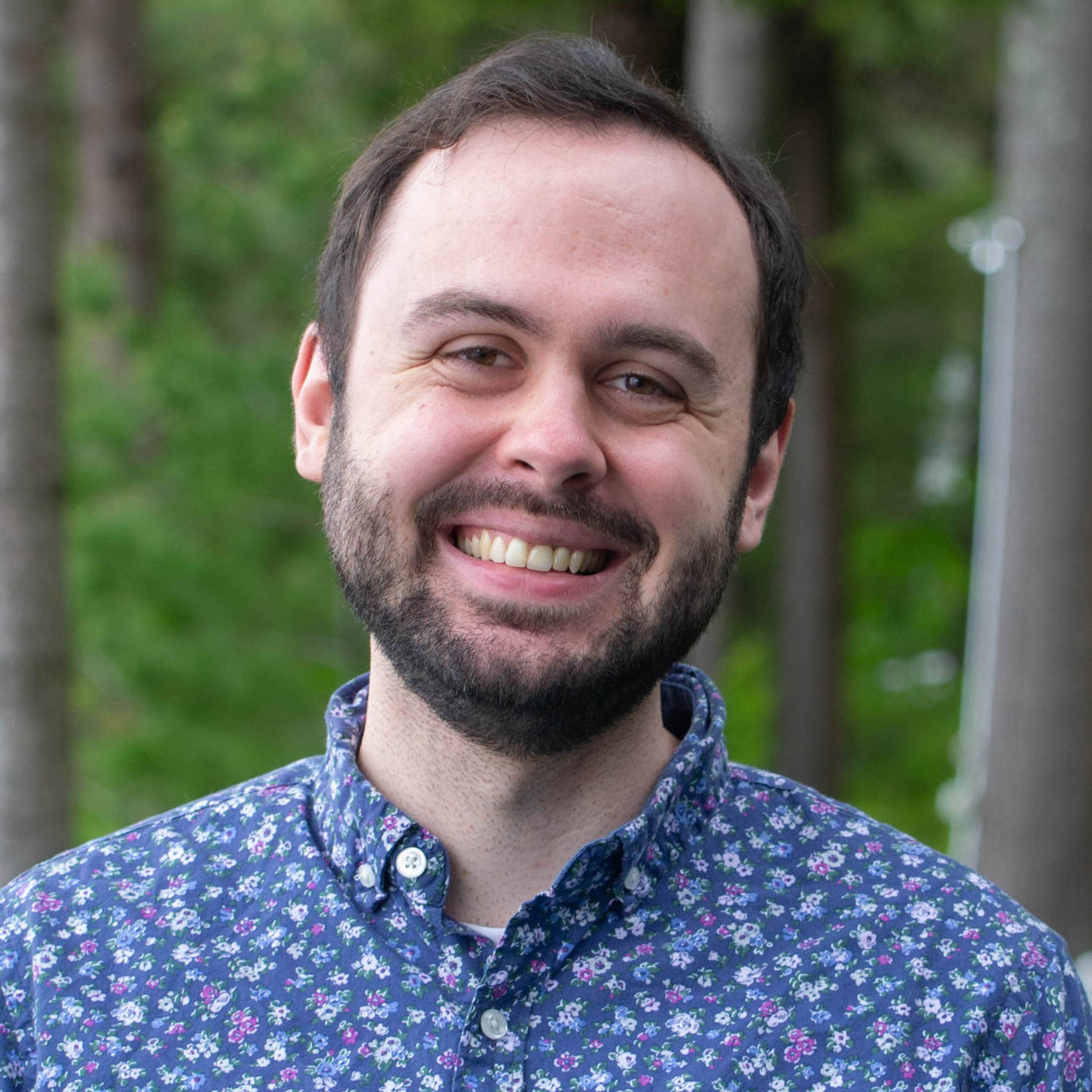 | Christopher M. Rudeen Doctoral Candidate History of Science, Harvard University Project: “Treating Clothes: Dress and the Sciences of Subjectivity” |
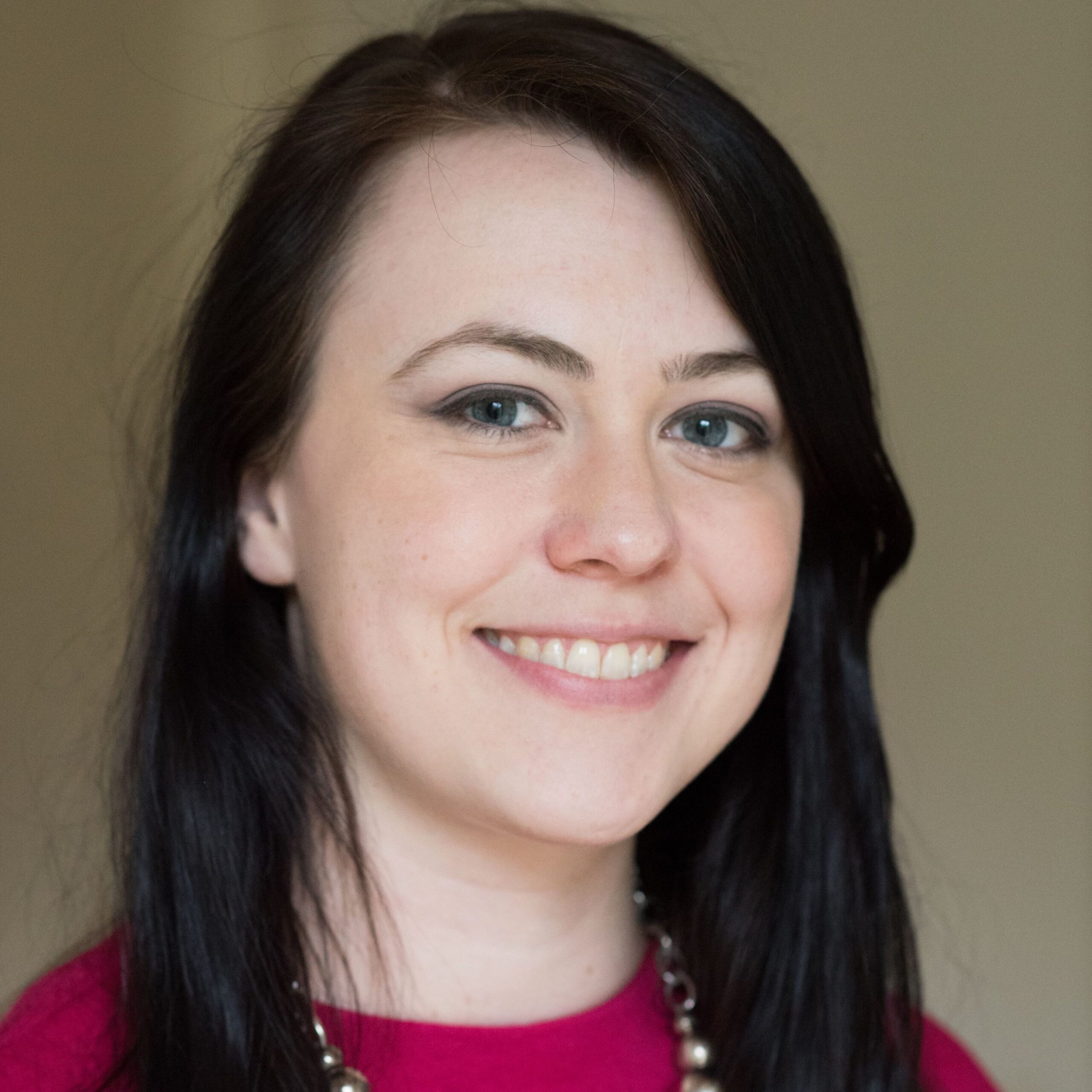 | Kathryn Schweishelm Doctoral Candidate North American Studies, Freie Universität Berlin Project: “False Faces: Women, Cosmetic Surgery, and the Cultural History of a Contested Practice” |
Agnodike Fellows Competition (current round closed, next round TBA)
The Commission on Women and Gender Studies in History of Science, Technology and Medicine offers biannually a research travel fellowship of up to 1000€ to scholars who are either in their final stages of their doctoral research or in the early stages of their post-doctoral research but still within five years of receiving the PhD.
The Agnodike, named after the first female physician and midwife in ancient Greece (4th c. BCE), is intended exclusively for transportation and accommodation expenses incurred by early career scholars who are conducting research in archives anywhere in the world. To be eligible, applicants must be in the early stages of their careers—within 5 years of receiving their PhDs. Eligibility is independent of gender, nationality, ethnicity or the location of the applicant’s academic institution or site of research. The Agnodike is offered globally but only on topics concerning women and gender studies in history of science, technology and medicine.
The Commission requires an application in English, in one PDF file that consists of a cover letter, a research proposal (1500 words or less), CV, a detailed budget of anticipated travel-related expenses (transportation, lodging, etc.), list of other funding sources (pending or received)*, and two letters of recommendation, one being from the PhD advisor. (*Note: Only expenses not covered by other funding sources are eligible for reimbursement under this grant.) The research proposal should specify a work plan for the research during the fellowship period and the required travel. The awardee of the research grant will receive an invitation to present her/his work in the closest forthcoming symposium organized by the Commission. All applications must be submitted by [TBA]. The selection committee’s review will take into consideration the proposal’s quality, clarity, specificity, and alignment with the Commission’s focus on women and gender studies. Awards will be offered for use by the end of the current academic year. Submit applications via email using subject line, “Agnodike Fellowship Application,” to the attention of the Commission Secretary.
The Commission on Women and Gender Studies in History of Science, Technology and Medicine was founded in 1981 by the General Assembly of the International Union of the History and Philosophy of Science and Technology (IUHPST). The Commission promotes communication among scholars working on women’s history and gender studies in the history of science, technology and medicine and fosters research in these areas. The Commission sponsors symposia at the quadrennial International Congresses of the IUHPST’s Division of History of Science and Technology (DHST) and, in between the Congresses, further conferences on women and gender studies in history of science, technology, and medicine. For more information please visit our website https://agnodike.org/